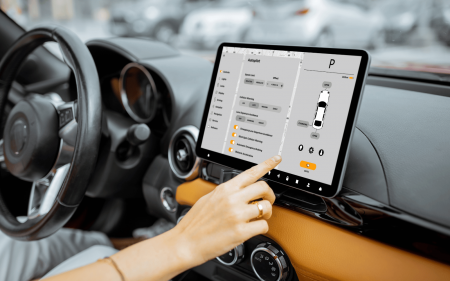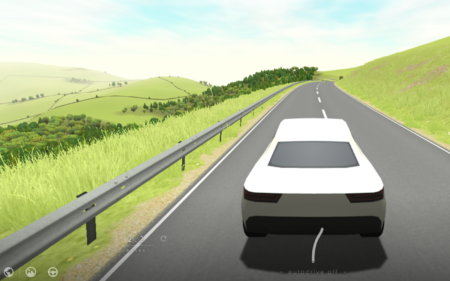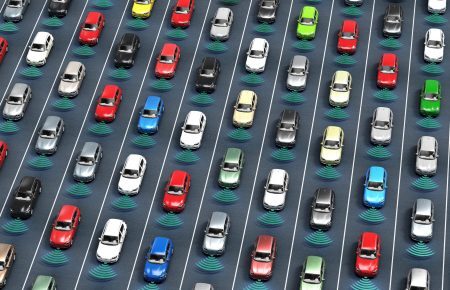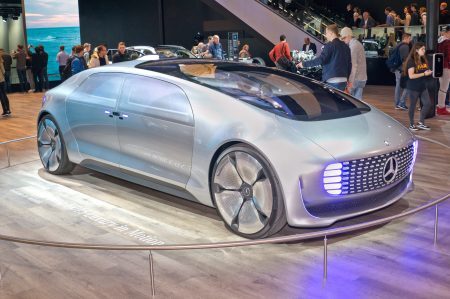Do you ever use your cellphone while driving? Don’t feel too guilty about saying yes – nearly 60% of drivers admit…
Browsing: driving
Driving is an occupation that could have various emotional effects. Drive in traffic and you’re bound to become stressed. If…
According to the Driving Licence Card Account (DLCA), South Africans may get new driver’s licences next year. The DLCA is…
An estimated 73.4 million people will be using wearable technologies in the United States by 2022. Wearables are smart electronics that can…
Feeling exhausted at the end of a long day of video-conferencing? Do your back, shoulders and mind ache after a…
Videos showing autonomous or self-driving vehicles weaving in and out of crossroads at speed without colliding suggest this technology will solve traffic problems. You almost never see pedestrians or cyclists in these videos. The reality is that they don’t fit.
According to those in the industry, and researchers too, driverless cars will totally revolutionise the way we think about individual transport. They will change the way we work and rest. They could herald the end of traffic jams, and have the potential to change the lives of disabled people
Driverless cars could revolutionise people’s lives. By the end of the next decade, or perhaps even sooner, they could radically transform public spaces and liberate us from the many problems of mass car ownership. They’ll also be much better behaved than human drivers.
While the look and feel of our cars has changed in the past 100 years, the way we drive them hasn’t. But fundamental change is coming. In the next decade, not only will the way they’re powered and wired have shifted dramatically, but we won’t be the ones driving them anymore.









